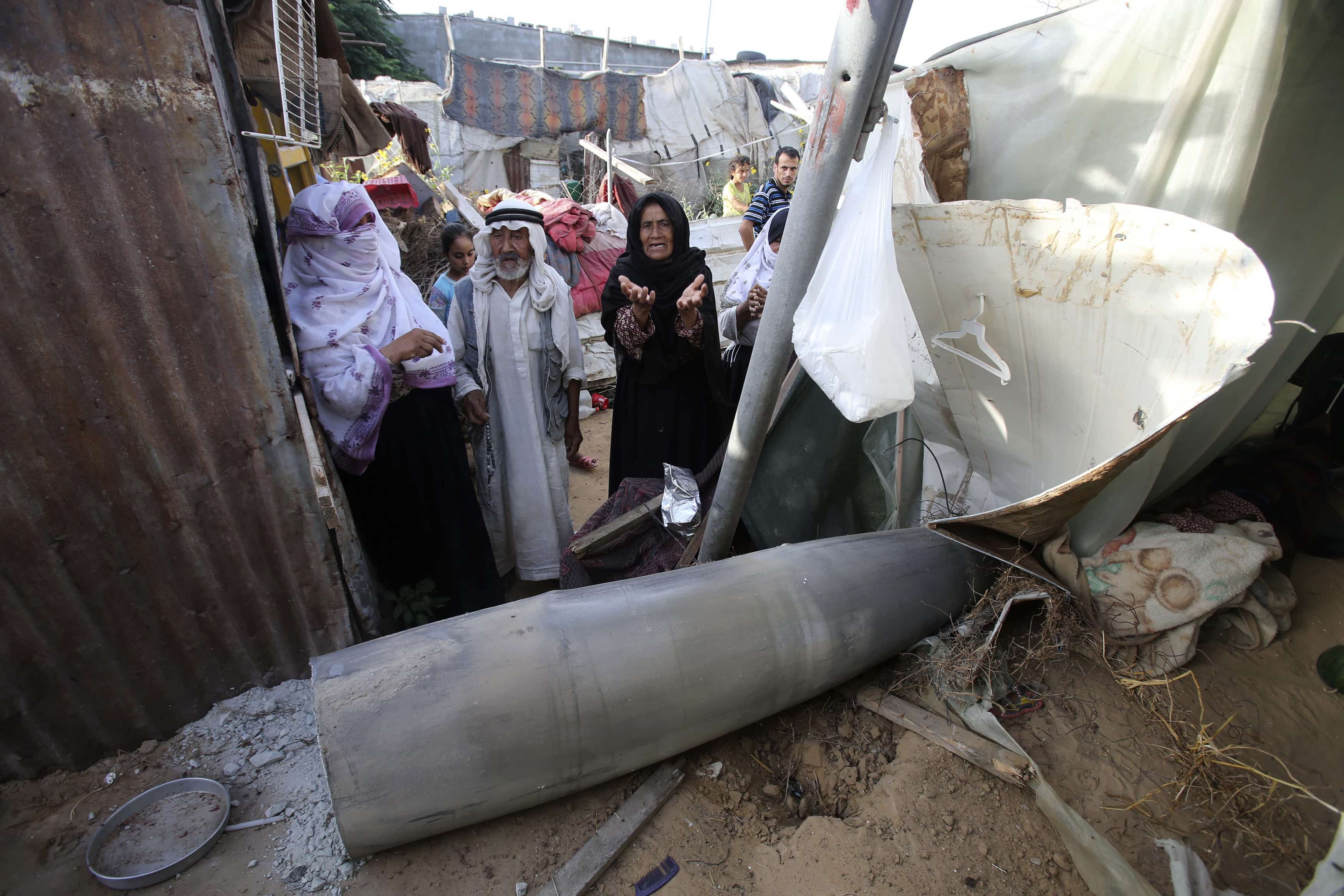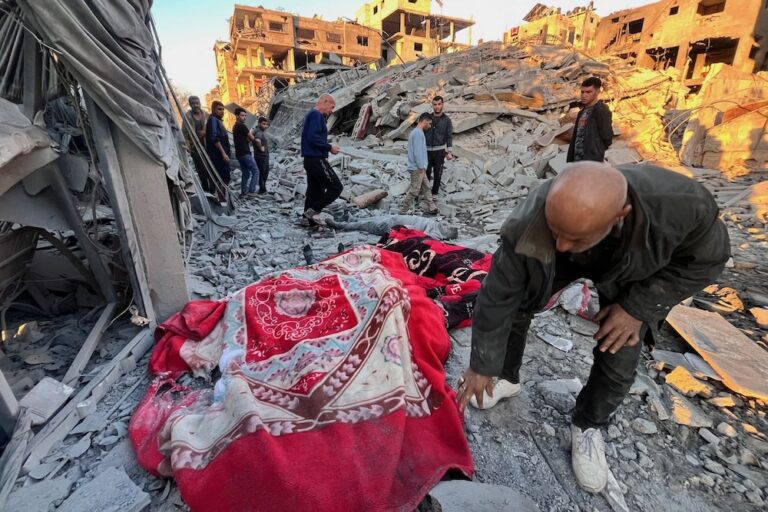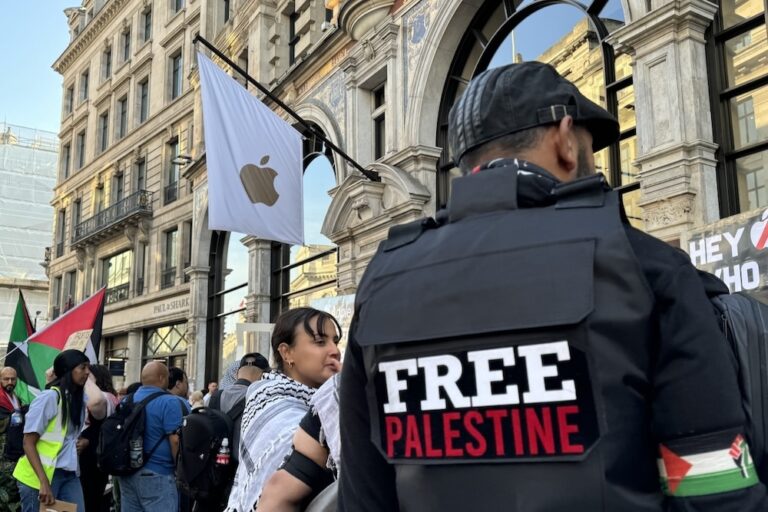The local newspaper's CEO fired the journalist arguing that his article, which detailed the suffering of the Bedouin community in the absence of shelter during the Gaza war, failed to respect the newspaper's "Jewish" readership.
I’lam strongly condemns the termination of journalist Yassir al Oqbi, editor of Ma’ariv, a local newspaper published in Be’er Sheva and the Negev. Oqbi was fired from the newspaper due to an article published during Operation Protective Edge.
The disputed article tells the story of Bedouin citizen Odeh al Waj, who was killed by a rocket in Dimona. It further details the suffering of other Arab citizens in the community in the absence of shelter during the most recent war in Gaza.
Following its publication, Oqbi was summoned to a hearing with Ma’ariv’s CEO Udi Friedman, wherein Oqbi was relieved of his duties. Friedman argued that Al Oqbi’s choice to publish the article demonstrated a failure to respect the newspaper’s readership. Allegedly, “the public” – that is its Jewish readers – were not interested in the problems of the “other side” – in this case, the Arab community – due to heightened sensitivities surrounding the war. Friedman also claimed that Oqbi’s choice constituted a significant failure to uphold his professional commitment to publish articles that refer to and interest the entire population of Israel.
Oqbi claimed that the Arab residents of the Negev are a part of Ma’ariv’s readership and that he assumed that its readers were not racist or indifferent to the suffering of others.
I’lam asserts that Ma’ariv’s termination of Oqbi sets a risky precedent when placing the newspaper’s political ideologies over the integrity of its reporting.
I’lam also states that Ma’ariv’s actions contradict the Equal Employment Opportunities Act of 1988, which prohibits an employer from firing or exhibiting preferential treatment to an employee or worker because of his or her political views or nationality. I’lam also emphasizes that freedom of expression and freedom of the press must be protected, even if a publication exhibits unacceptable or averse political opinions, including during times of war.



